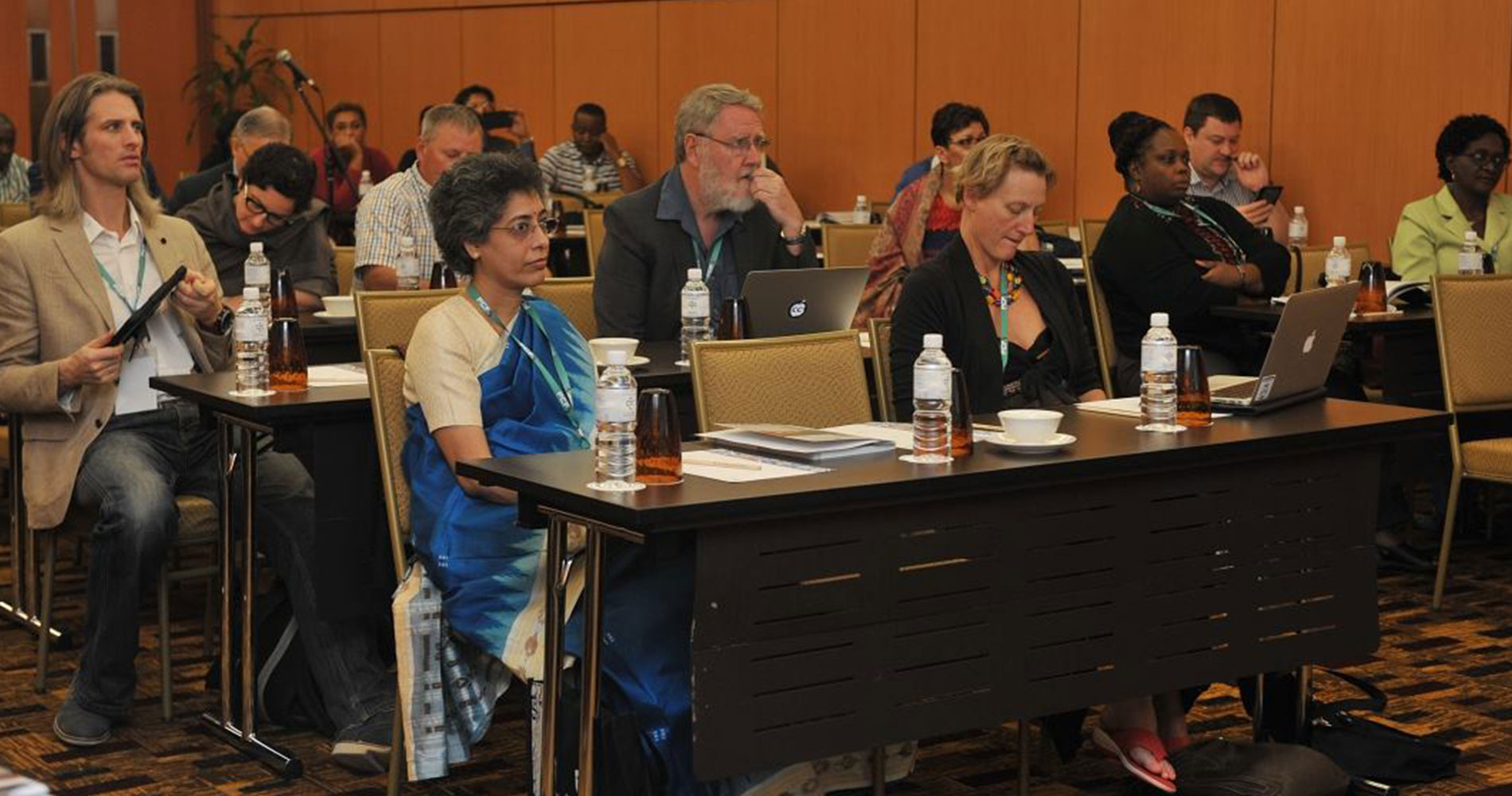
SUB-THEME: EFFICIENCY AND EFFECTIVENESS
PARALLEL SESSION 6
Effective Support Systems for ODL 1
KLCC, 29 November: Presenters from India, Namibia and Pakistan shared their views on effective support systems for quality learning, enhancing completion rates and ensuring better learning outcomes.
Dr Ndeshimona Laina Afunde of Namibian College of Open Learning (NAMCOL), Namibia, discussed the potential of open and distance learning in enhancing the provision of psychosocial support. The study was carried out to assess the effectiveness of the Certificate in Community Based Work with Children and Youth (CWCY) programme in terms of empowering the graduates and improving the provision of the psychosocial support to orphans and vulnerable children (OVC).
The study showed that the majority of students who enrolled in the CWCY programme had between one and 14 years of work experience with OVC. They attested that there was improvement in their dealings with OVC after taking the CWCY programme through distance mode. The study concluded that participants were able to put the concept and approach that they acquired into practice, thus improving their work performance.
Dr Anil Kumar Kollolath of the National Council of Educational Research and Training (NCERT), India, looked into learner satisfaction of a professional counsellor preparation programme that was offered through distance-cum-face-to-face mode. The study was carried out through surveys which required learners participating in the programme to rate their satisfaction level of the course.
The survey showed that most of the learners were satisfied with the admission procedures, course material and assignments. They claimed that the course has helped to transform them into counsellors.
Both studies provided suggestions for the future, including the provision of self-study guides and support services so that learners could complete their programme successfully.